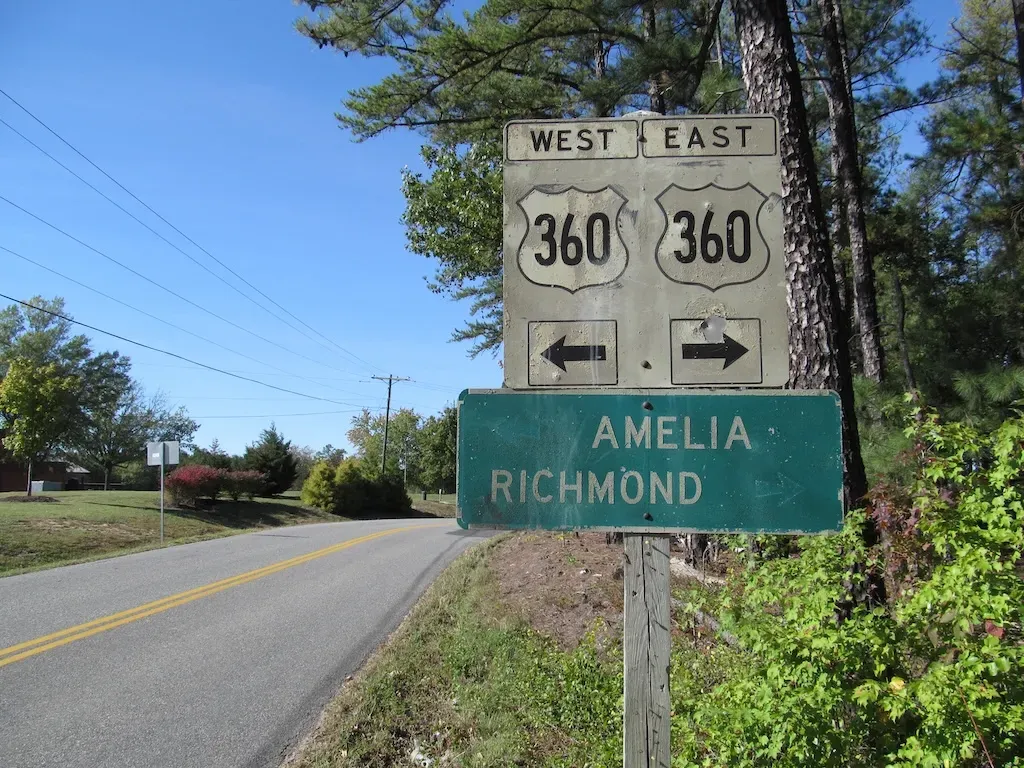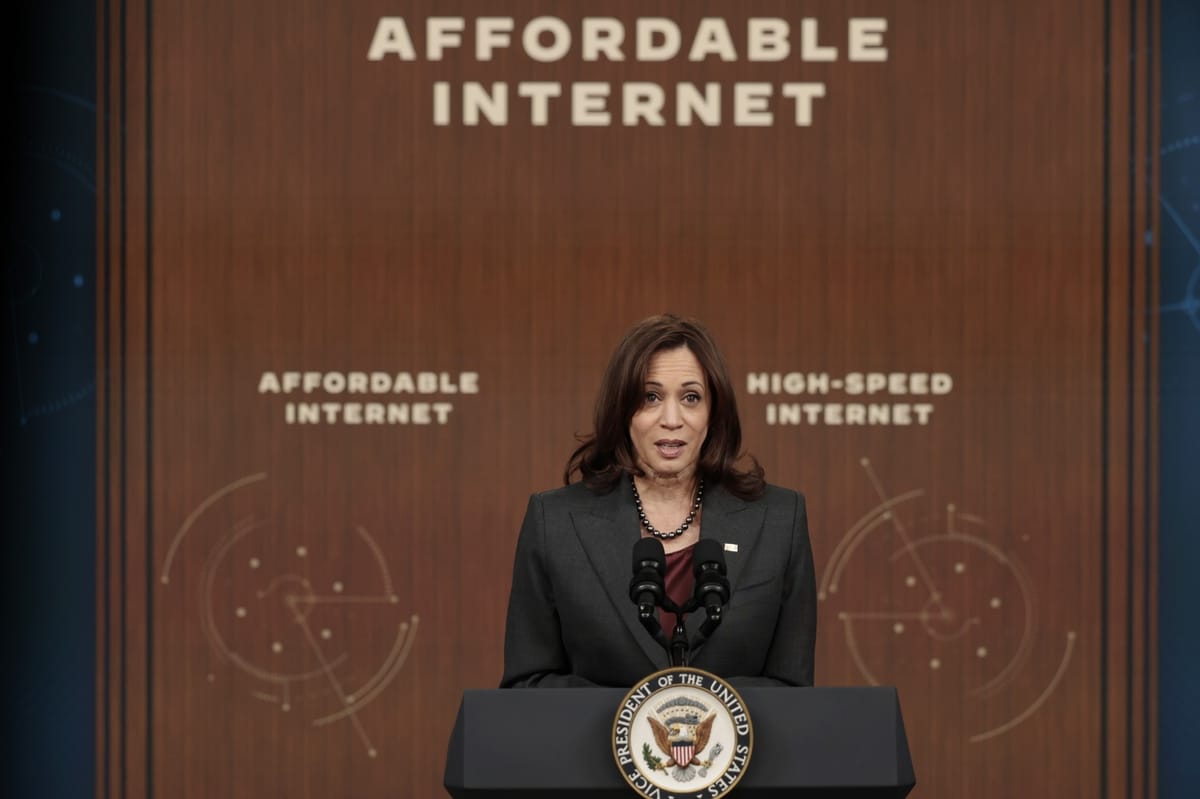Deborah Collier: Virginia Fights for Affordable, Accessible Broadband
The author argues that Virginia’s firm stand on BEAD funding serves as a beacon for the states.
Deborah Collier

Virginia stands at the forefront of the fight for affordable and accessible broadband by rejecting burdensome and non-statutory guidance from the federal government.
The state received $1.48 billion for broadband deployment in the Commonwealth’s unserved communities from the Broadband Equity, Access, and Deployment program, which was given $42.45 billion in the Infrastructure Investment and Jobs Act.
But the National Telecommunications and Information Administration is refusing to approve the state’s plan and continues to push provisions in the BEAD guidance that require price controls and other restrictions on deployment.
Despite provisions of the IIJA that prohibit rate regulation and confirmation of that statutory language by both Commerce Secretary Gina Raimondo and NTIA Administration Alan Davidson, the NTIA Notice of Funding Opportunity guidance sets rates and the agency has been enforcing this provision in its response to state funding proposals.
The rate regulation is already discouraging internet service providers from participating in the program, delaying service rollout and keeping many Americans on the other side of the digital divide without access to high-speed internet.
Virginia’s Office of Broadband has earned significant press attention in 2024 for refusing to back down from NTIA’s demand to include price controls in state funding proposals for participation in BEAD. A review of each state’s BEAD funding proposal identified 22 other states that refuse to accept a statewide, one-size-fits-all $30 per month price cap.
 Broadband BreakfastJake Neenan
Broadband BreakfastJake Neenan
There are 15 states with a rate cap of between $40 and $70 per month, and eight states that propose using different methods to determine the affordability of low-cost broadband service plans. NTIA’s determination with respect to Virginia’s proposal will impact the other seven states that refuse to levy a hard rate cap.
Virginia's proposal to determine 'affordability'
The draft funding proposal submitted to NTIA by the Virginia Telecommunications Initiative and Commonwealth Connect proposes, on pp. 10-11 and 51-57, to determine the “Affordability” scores for two speed tiers of service, 1 Gigabit per second (Gbps) down * 1 Gbps up and 100 Megabit per second (Mbps) down * 20 Mbps up, according to their conformity with the residential benchmark rates identified in the Federal Communications Commission’s Urban Rate Survey. They would apply the FCC’s recommended price for 1 Gbps * 500 Mbps service to the 1 * 1 Gbps tier.
In his responses to questions for the record following his January 2022 confirmation, NTIA Administrator Davidson assured members of the Senate Commerce, Science, and Transportation Committee that the BEAD program cannot have rate regulation. He wrote to Sen. John Thune, R-S.D. that, “I agree that the IIJA statute does not allow NTIA to engage in rate regulation in the BEAD program. In addition, history has shown us that rate regulation is not the most effective policy for ensuring affordable services.”
In an October 4, 2023 Senate Commerce Committee hearing, Sen. Thune asked Secretary Raimondo to commit to “not require states to include specific price points for broadband offerings in their BEAD plans.”
She responded, “Yes, we do not require that. I want to be clear. We are not rate regulating, we are not price setting, and we are not requiring states to do that.” This was consistent with her answer to Senator Thune at a hearing in April 2022, when she said, “As you know, the statute expressly prohibits rate regulation. … I was heavily involved in negotiating that so I understand the limits and we will comply with the statute.”
 Broadband BreakfastDrew Clark
Broadband BreakfastDrew Clark
Virginia’s fight extends beyond rates. The Commonwealth’s BEAD funding proposal champions a technology neutral approach that allows local communities to choose the most efficient method for providers, including cable, satellite, fixed wireless, and fiber, to connect underserved communities. This flexibility reduces costs and accelerates deployment, especially in challenging terrains where fiber proves impractical.
But the NTIA, contrary to the technology neutral provisions of the IIJA, is using the BEAD guidance to force a single technology on every community regardless of the effectiveness of alternative solutions.
The IIJA also does not set a preference for government-owned networks, but the BEAD guidance again flouts the law by providing such a preference. Virginia law includes procedural and reporting requirements that hold such networks to nearly the same standards as private providers, including the requirement to conduct a feasibility study before offering service and a prohibition against exploitative monopoly pricing.
On November 1, 2023, following approval of Volume 1 of its application by NTIA, Virginia began its BEAD “challenge process” in which providers are invited to challenge the accuracy of the FCC’s characterization of specific households, businesses, and other locations as unserved or underserved. Volume 2 of Virginia’s proposal, containing the pricing affordability and speed threshold provisions, remains a point of contention and has yet to receive final approval.
Virginia’s firm stand on BEAD funding serves as a beacon for the states. By rejecting price-fixing and advocating for technology neutrality, the Commonwealth is prioritizing affordability, innovation, and swift broadband deployment for its unserved households and businesses.
Deborah Collier is Vice President of Policy and Government Affairs at Citizens Against Government Waste. This Expert Opinion is exclusive to Broadband Breakfast.
Broadband Breakfast accepts commentary from informed observers of the broadband scene. Please send pieces to commentary@breakfast.media. The views expressed in Expert Opinion pieces do not necessarily reflect the views of Broadband Breakfast and Breakfast Media LLC.









Member discussion